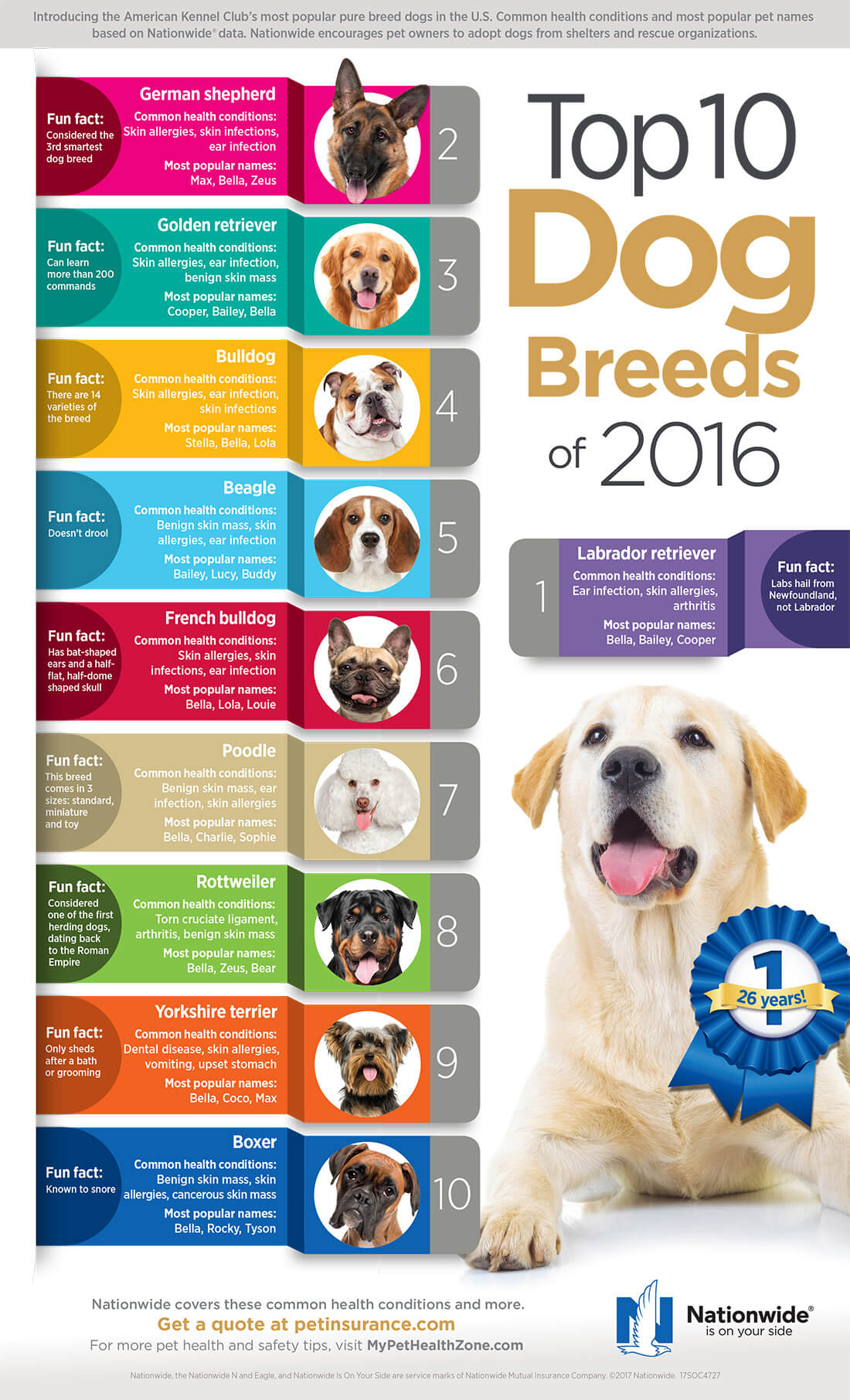Dogs in childcare obtain lots of exercise, socializing with various other pet dogs and distinct experiences. This can be particularly handy for young puppies and dogs with behavior concerns.
There are a number of lawful factors to consider you require to take into account when starting a doggy day care organization. These consist of the structure of your business and compliance with government guidelines.
1. Pooch Distemper
Canine distemper is spread out via direct contact with the bodily fluids and waste of an infected canine, however it can likewise be sent using common water and food bowls or through airborne droplets. This highly contagious disease is most hazardous for young puppies, yet it can influence pets of any kind of age and is deadly for most if left untreated.
Initial symptoms of canine distemper frequently imitate a cold, including runny eyes and nose with watery or pus-like discharge. As the disease progresses, a canine will establish fever, coughing, decreased hunger, vomiting and diarrhea. The virus can also attack the nerves, causing seizures, twitching and partial or full paralysis.
Reputable daycares reduce direct exposure to infection by calling for inoculations, regular health examinations and adhere to rigorous health procedures. If your puppy seems overly tired or limping, a day of rest might aid him recuperate, however you must prevent taking him back to daycare until these symptoms clear up.
2. Kennel Coughing
Kennel coughing, likewise referred to as infectious canine tracheobronchitis or Bordetella, is a highly contagious viral or microbial condition that impacts the breathing tract. It's commonly transferred via the exchange of saliva or air beads that an ill canine exhales. Social dogs go to greater danger for infection due to their frequent communication with each other, such as when they play, share food or water, sniff each other or just meet in a crowded setting like a pet dog park or day care.
The most common signs and symptom of kennel coughing is a consistent and forceful coughing that seems like something stuck in the throat or retching. Frequently, dogs will certainly divulge frothy white phlegm. If left neglected, a dog can create pneumonia and go to major risk permanently.
A trustworthy childcare facility should have rigorous cleansing and sanitation methods, sterilize all toys, food and water bowls consistently, and be open regarding their vaccination plans. Keeping your dog approximately date on their inoculations, particularly for bordetella and canine flu, will considerably decrease their chances of getting the health problem.
3. Parvovirus
Canine parvovirus, or parvo, is a highly transmittable viral health problem that can be fatal for pups and young adult pets with bad immune systems. It's most generally spread by straight contact with polluted dog feces-- which can take place when canines smell, lick, or preference infected feces-- and indirectly from polluted people, things, or atmospheres (like kennels, brushing spaces and grass). Young puppies and pets without total inoculation histories are specifically vulnerable to parvo.
The infection is incredibly resistant, making it through in the setting for as much as 9 years, and can easily be moved between pet dogs by contact with feces or on shoes, garments, and bedding polluted with parvovirus. Otherwise treated promptly with IV fluids, electrolyte equilibrium, vomiting control drugs and antibiotics to stop secondary microbial infections, a dog will swiftly dehydrate and establish severe diarrhea, which brings about shock and sepsis. Parvo is hard to cure when a pet has come to be ill, but with proper vet care, lots of pups do survive this health problem.
4. Pooch Influenza
Dog flu virus is extremely contagious and spreads through straight call, sharing food and water bowls, licking or nuzzling best dog daycare near me other pet dogs, through airborne beads, and through polluted surface areas. Vaccination is effective in minimizing the threat of infection and outbreaks.
A lot of affected pet dogs create a mild breathing infection with a coughing that lasts 1-3 weeks. They might also have nasal and eye discharge, sneezing, and sleepiness. Some of one of the most significant cases lead to pneumonia and a high fever.
If your pet exhibits any of these signs, do not bring them back to childcare until they are healthy. If your pet is revealing signs of extreme tiredness or hopping, talk with your vet right now and see to it they get on good health supplements to assist develop their resistance. A veterinarian will assess your pet for signs and symptoms of the flu by taking a sample from the nose or throat, and blood examinations can be done to validate.
